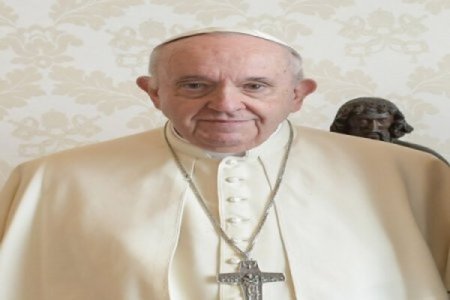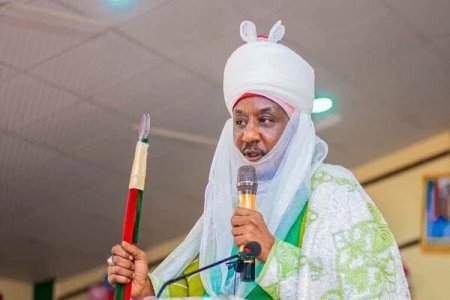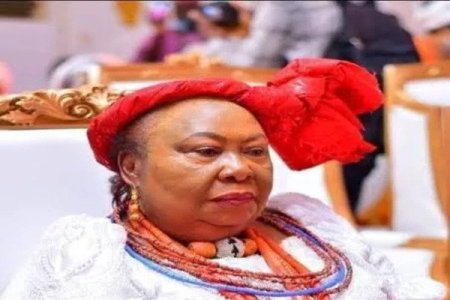
Pope Francis made history as the first pontiff to attend a G7 summit, warning against unchecked AI development. He emphasized the need for human-centric AI and called for an international treaty to ensure ethical use. His participation highlighted global concerns about AI's impact on human dignity and decision-making.
Pope Francis has made history as the first pontiff to participate in a G7 summit. Arriving by helicopter at the Puglia resort of Borgo Egnazia on Friday, June 14, he was welcomed by Italian Premier Giorgia Meloni. Their brief exchange of pleasantries highlighted their mutual gratitude for the meeting.
During the summit, Pope Francis addressed a session on artificial intelligence (AI), emphasizing the importance of maintaining human control over AI systems. He warned that allowing machines to make life-and-death decisions could strip humanity of hope and dignity. "We need to ensure and safeguard a space for proper human control over the choices made by artificial intelligence programs: Human dignity itself depends on it," the pope stated.
Francis called for an international treaty to govern the ethical development and use of AI, stressing that technology without human values such as compassion, mercy, and morality is too dangerous to be left unchecked. "No machine should ever choose to take the life of a human being," he asserted. He urged political leaders to create conditions that promote the ethical use of AI, thereby ensuring it serves humanity positively.
Reactions to the pope's historic participation were mixed. One commentator on Linda Ikeji's blog criticized the pope for speaking on a subject outside his expertise, likening it to the church’s historical bans on books. Another user suggested that the pope should avoid political arenas like the G7 summit, arguing that religious figures should remain apolitical. Conversely, some praised his stance on AI, acknowledging the importance of his moral guidance on such critical issues.
Pope Francis's involvement in the G7 summit underscores his commitment to addressing global challenges and advocating for ethical governance of emerging technologies. His call to action resonates as a significant moral appeal to world leaders.





